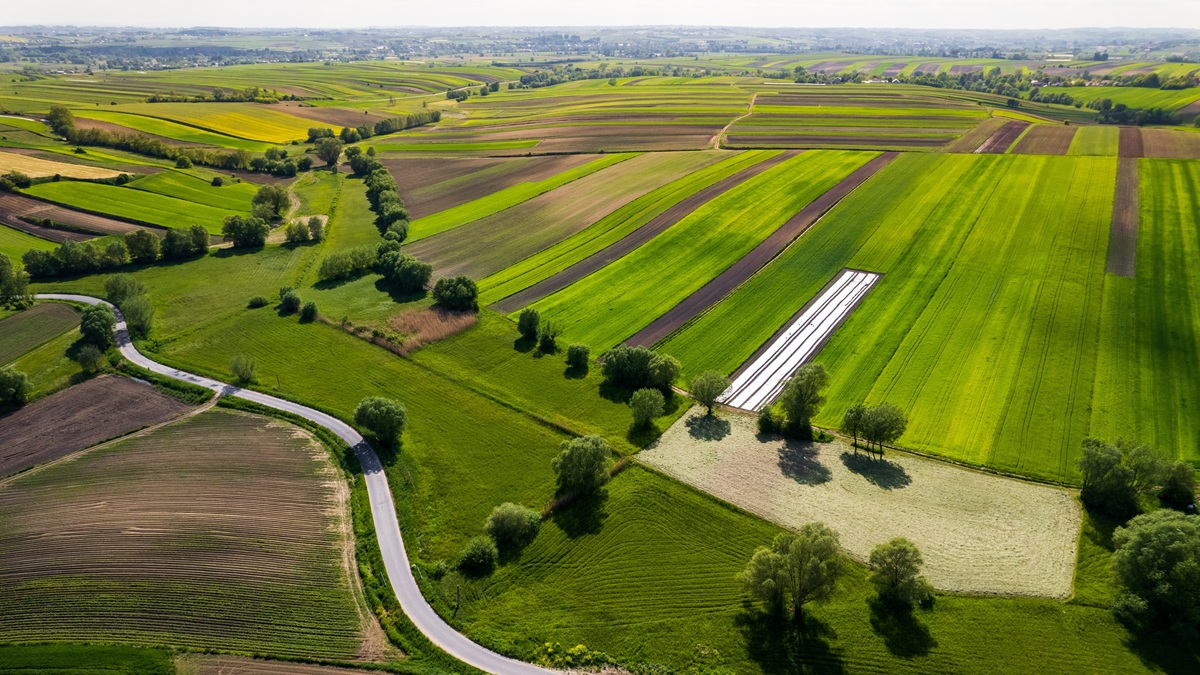A sea of sunflowers stretching across 65 football pitches has flourished in Lincolnshire's hot, dry summer conditions. But the fifth-generation grower warns that increasingly unpredictable weather patterns are putting British farms under mounting pressure.
Vine House Farm in Deeping St Nicholas near Spalding grows 1.5 million sunflower heads specifically for bird feed seeds. Lucy Taylor, the 47-year-old farm manager, said the exceptionally dry and hot early summer has helped their crop mature earlier than usual.
Weather patterns becoming more varied
"It's been a very dry year here, dry and hot especially in the early part of the summer, and that's really benefited our sunflower crop," Taylor said. "Sunflowers are obviously more traditionally known for mainland Europe, southern France and that sort of area. The above average temperatures have certainly helped them mature earlier than they normally do."
However, Taylor highlighted the challenges facing British agriculture. "The last couple of years we've struggled with the wet, too much rain. I think what we're finding is - although Donald Trump may not agree with me - the weather patterns are becoming more varied."
Farms forced to diversify
The farm grows multiple crops including wheat, barley, potatoes and sugar beet to reduce reliance on single products. "Farming's under a lot of pressure at the moment, not only from the politicians but due to the weather," Taylor explained.
She emphasised that diversification has become essential for survival. "We've got quite a diverse business here and I think every farm is going to have to diversify and become broader or specialise in what it does to make sure it's economically viable going forward."
Farm tours and additional revenue
Around 100 visitors toured the sunflower fields last weekend as part of the farm's diversification strategy. The business now operates a farm shop, café and has installed solar panels on shed roofs to create multiple revenue streams.
"I think our sunflowers are a perfect example of how we've diversified," Taylor said. "The weather's getting so unpredictable that we're going to have to have other revenue streams."
Local farms struggling to survive
The challenging conditions have already forced changes across the region. "There's a lot of farms up for sale around here already, I think because of the poor weather conditions, because of the very wet weather conditions we've had in the last two years," Taylor revealed.
She noted that many young people are turning away from farming. "The farming lifestyle isn't for everybody, it can be pretty hard and pretty lonely for a lot of farmers. Round here locally we're seeing a lot of farms up for sale, because perhaps the next generation isn't interested, can't see the benefit, the financial rewards of farming."
Future challenges ahead
Taylor predicts significant changes to British agriculture in coming years. She believes potato growing may shift further north to Scotland, whilst the ability to irrigate crops will become increasingly crucial.
"The two biggest variables are the weather and the politicians," she said, highlighting ongoing concerns about manual labour shortages and the need for greater mechanisation.
Harvest timing brings advantages
The sunflowers, which have been in full colour for around a fortnight, will be harvested by combine harvester in late September or early October. Because they're grown for seeds rather than cut flowers, visitors can enjoy the spectacular yellow display.
"When you're cropping sunflowers for flowers you want them to look the best for the customer, not in your field, so they've already cut them before they become a beautiful sea of yellow," Taylor explained. "That's the advantage of growing them for the seed - we get to see the lovely sea of yellow."
(PA) Note: This article has been edited with the help of Artificial Intelligence.










